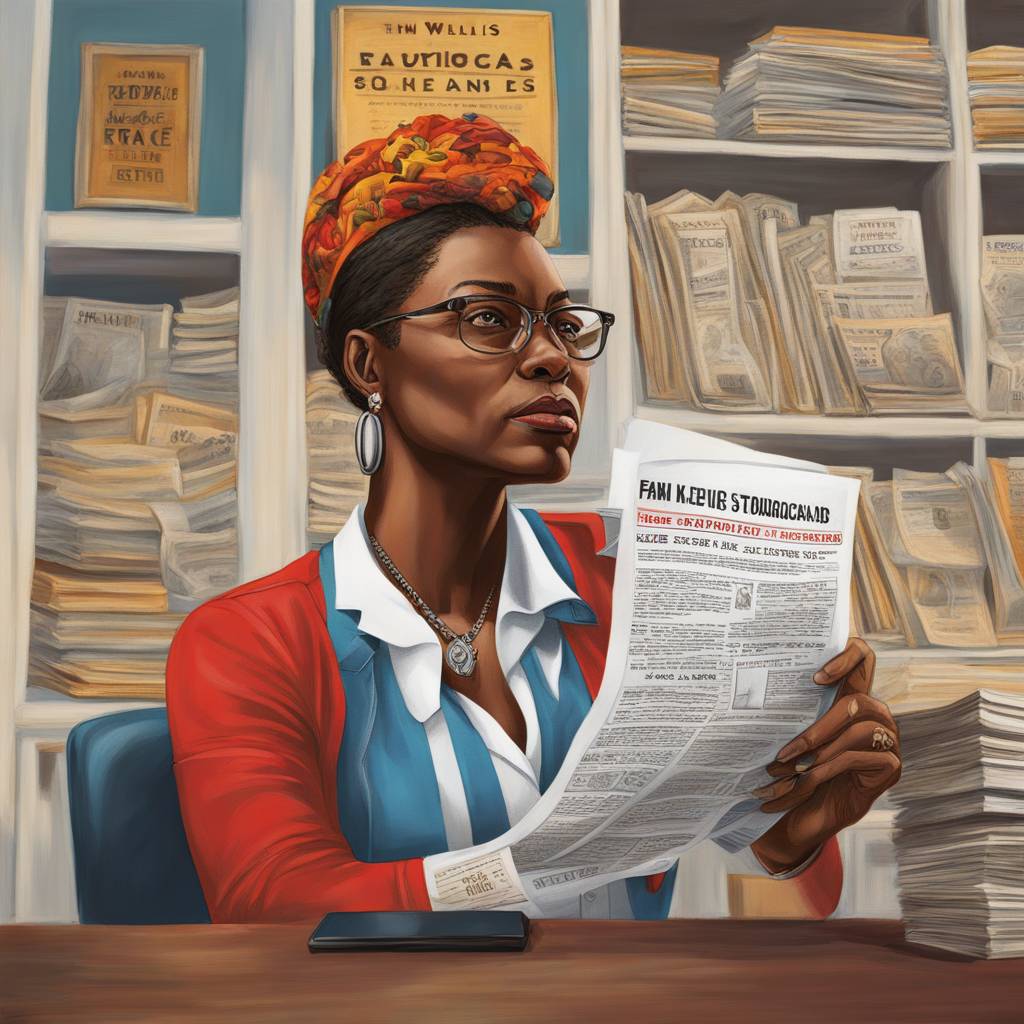Fulton County, Georgia District Attorney Fani Willis made remarks at the South Fulton Women of the Shield Awards, where she seemed to defy a judge’s warning to not play “the race card” by insisting she will talk about race regardless of the consequences. This defiance comes after Judge Scott McAfee criticized Willis for using racially charged rhetoric and playing the race card in a speech at an Atlanta church earlier this year. In his order, McAfee raised concerns about Willis’ comments and warned that such public comments could compromise the ongoing case involving former President Donald Trump and special counsel Nathan Wade, with whom Willis was accused of having an affair.
McAfee’s order stated that Willis could remain on the 2020 election interference case against Trump if she removed special counsel Nathan Wade, with whom she was involved in an “improper” affair. Willis’ comments at the church, where she claimed that she and Wade were being scrutinized because of their race, were found to be legally improper and potentially compromising to the case. The judge took issue with Willis’ reference to “so many others” in her speech, which he found left ambiguous who she was accusing of racial motivations, thereby complicating the case further.
Despite McAfee’s warning and criticism, Willis continued to discuss the challenges faced by Black individuals, emphasizing the greatness and sacrifices made by African American leaders in the city of Atlanta. Willis expressed appreciation for the sacrifices made by leaders in the African American community and acknowledged the challenges that come with being Black. Her remarks at the South Fulton Women of the Shield Awards were part of an event hosted by the South Fulton Police Department to recognize 12 women who have made significant contributions to law enforcement and community impact.
In light of Judge McAfee’s concerns about Willis’ racially charged rhetoric and potential compromises to the ongoing case against former President Trump, Willis faces criticisms and challenges in the legal arena. Despite the judge’s warning to refrain from playing the race card, Willis remained defiant and continued to discuss race at the recent event. The judge’s order that Willis could stay on the case if she removed special counsel Nathan Wade highlights the complexities and controversies surrounding the allegations of an affair and racial motivations in the legal proceedings.
Willis’ comments and actions have sparked debates about the role of race in the legal system and the potential implications of using racially charged language in public speeches. The judge’s decision to criticize Willis for playing the race card and making racially charged remarks highlights the delicate balance between legal proceedings and public statements made by prosecuting attorneys. As the case against former President Trump continues, the controversies surrounding Willis’ comments at the church and the ongoing challenges she faces as the District Attorney of Fulton County, Georgia, remain topics of heated debate and discussion.













